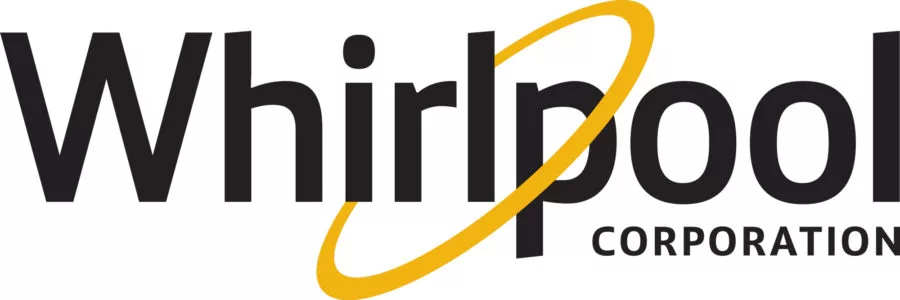
Whirlpool Corporation Chairman Marc Bitzer believes the company is poised to gain more net benefits from the new US tariff situation, despite enduring some increased costs along the way. Bitzer and Whirlpool Chief Financial Officer Jim Peters met with Wall Street analysts Thursday in their quarterly Conference Call, explaining 1st Quarter results and reaffirming their ‘guidance’ or estimates for the full year of 2025.
Bitzer said Whirlpool is uniquely positioned versus its Asian competitors because 80 percent of the products it sells in the USA are manufactured here. That’s compared to about 25% of competing products. So, when all the tariffs are finally put in place, probably by mid-summer, Whirlpool will find itself on a ‘more level playing field’ with the Asian firms.
Bitzer said that up to now, it cost Whirlpool about $70 more per new appliance unit than similar products from LG, Samsung or other Asian brands. However, he expects that cost of sale disadvantage to disappear after the Trump tariffs are fully in place and adjusted to permanent levels. The result, Bitzer hhopes, will be a much stronger position for Whirlpool brands, because consumers will make a decision based on features, brand history and loyalty, rather than purely on price.
Peters cited a list of new products Whirlpool, KitchenAid and JennAir are bringing to the market this year, which he says will combine with the tariff/price equation to drive new sales in the second half of ’25 and beyond. These include: a new KitchenAid cooktop, a KitchenAid Double Speed Hot & Cold Blender, a JennAir wall oven and a new range targeting the Latin American market.
Whirlpool credits replacement appliance sales coupled with some uptick in demand by consumers trying to beat tariff-driven price hikes. They still believe there will be an eventual upsurge in new home construction, but that has not materialized amid continuing high mortgage interest rates. Recent national figures showed home sales in March off almost six percent, the largest drop in three years.
Bitzer and Peters emphasized that they are still committed to the ‘guidance’ numbers they’ve cited for 2025. Peters said the company is focused on factors they can control or influence, rather than the turbulent external economic environment of recent weeks.
Peters listed those priorities as retiring debt, continuing to pay regular dividends to shareholders, and marketing those innovative new products.





